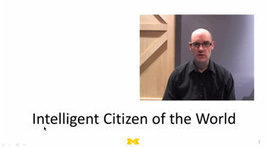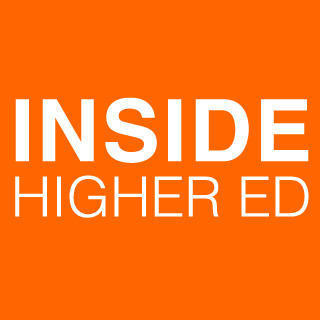In 2011, the respective roles of higher education institutions and students worldwide were brought into question by the rise of the massive open online course (MOOC). MOOCs are defined by signature characteristics that include: lectures formatted as short videos combined with formative quizzes; automated assessment and/or peer and self–assessment and an online forum for peer support and discussion. Although not specifically designed to optimise learning, claims have been made that MOOCs are based on sound pedagogical foundations that are at the very least comparable with courses offered by universities in face–to–face mode. To validate this, we examined the literature for empirical evidence substantiating such claims. Although empirical evidence directly related to MOOCs was difficult to find, the evidence suggests that there is no reason to believe that MOOCs are any less effective a learning experience than their face–to–face counterparts. Indeed, in some aspects, they may actually improve learning outcomes.
Via Peter B. Sloep, Peter Mellow



 Your new post is loading...
Your new post is loading...











A great outcome for those who don't like travelling (not me) and want to train/teach those who are in need of knowledge they are able to give.